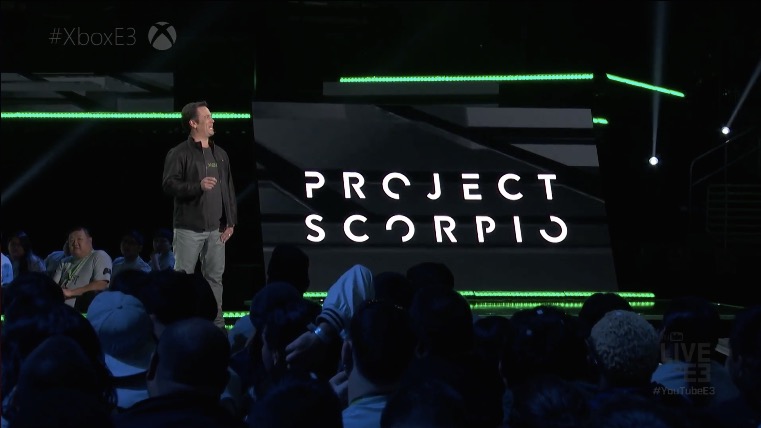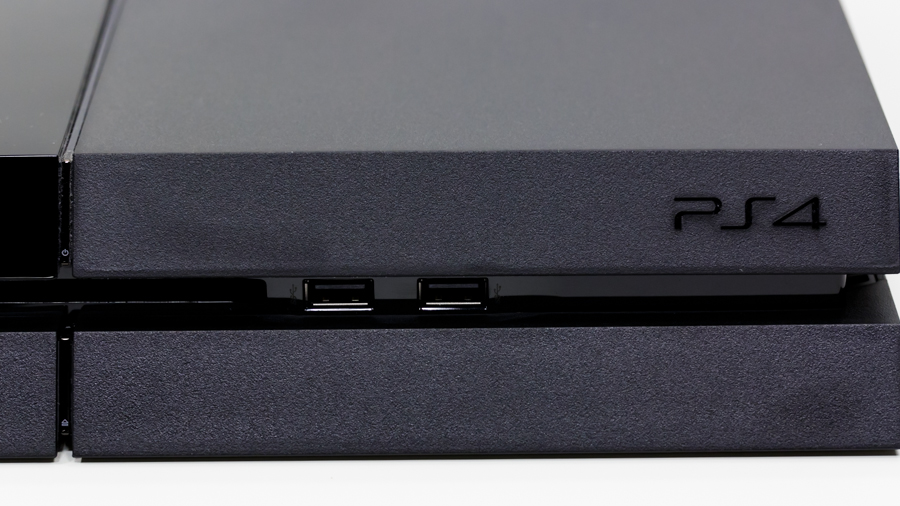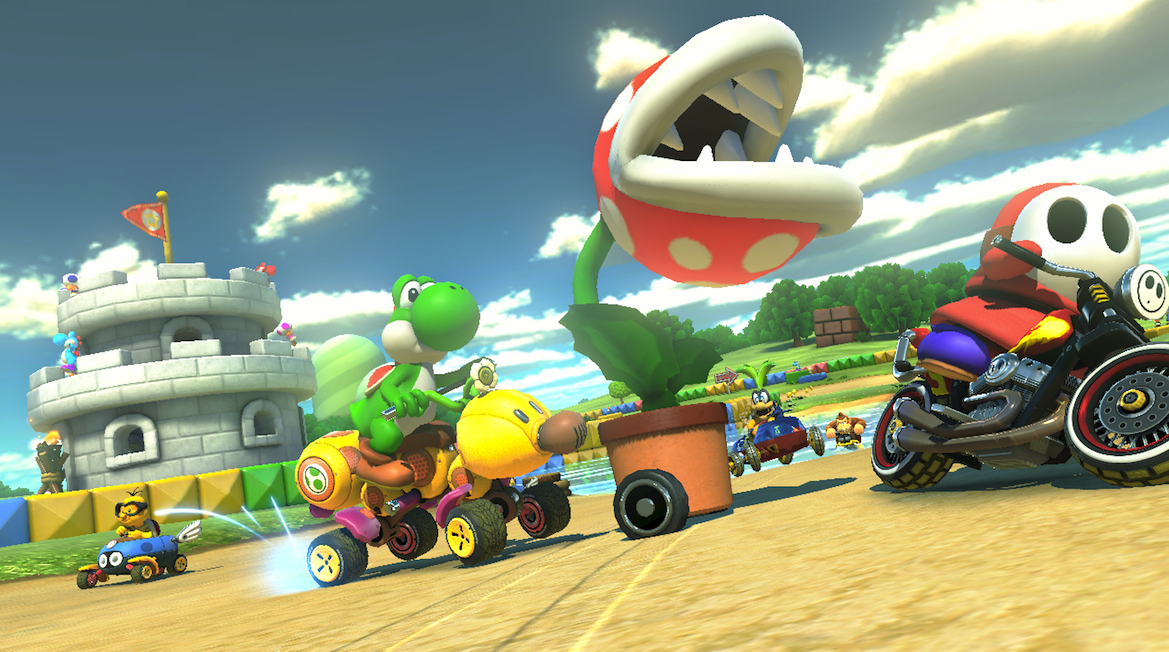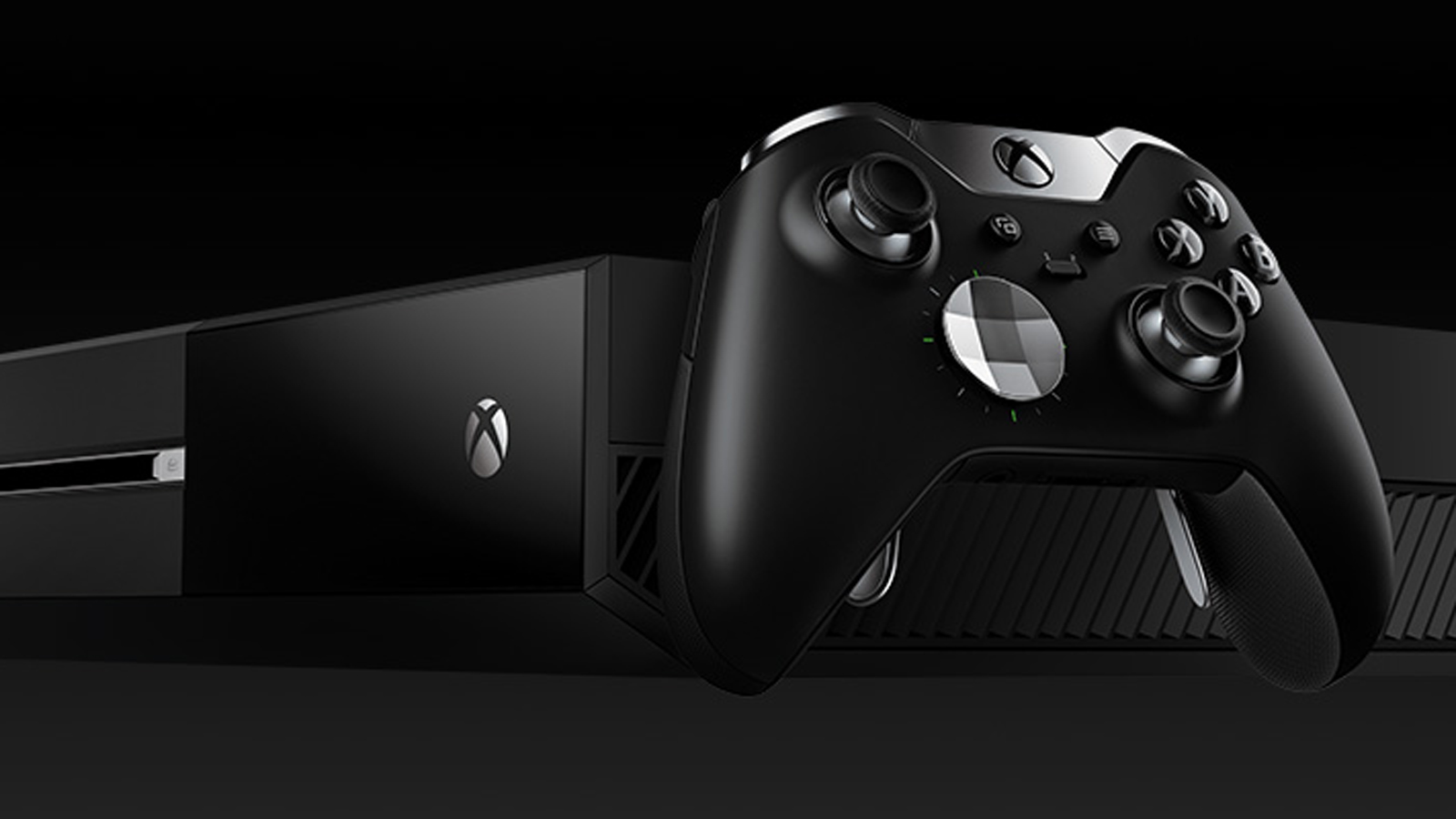Scorpio and Neo are a betrayal of trust that might come back to bite Microsoft and Sony
OPINION: Stung by a Scorpio

With Sony's new system only one day away from its prime time reveal, here's where one editor stands on mid-generation hardware updates. Check out our other PlayStation Week coverage.
Every console generation starts with a chicken and egg dilemma. The shiny new hardware that emerges into the wild might carry high hopes and higher price tags, but it inevitably launches with a games library that's a mere shadow of the consoles it hopes to replace.
For a while the trickle of games is slow. Developers don't want to spend too much money developing for a console that not enough people own, and yet those same people won't take the plunge until enough games exist on the system.
This situation arises every six years or so, and yet every time the new consoles manage to slowly but surely take off, despite this seemingly unsolvable paradox.
So why do consumers chose to buy a console with no games on it? And why do developers make games for machines that nobody owns?
The answer to both has a little to do with confidence, and a little to do with trust.
And it's this trust that the PlayStation Neo and Project Scorpio might just break.
Sign up for breaking news, reviews, opinion, top tech deals, and more.

A pact made in plastic
It seems like an obvious answer, but people buy consoles not for the games that are already out, but because of the games they expect to be released in the coming years.
Gamers trust that manufacturers will continue to support their consoles for at least six years, and they have the confidence that over that time a machine's software library will continue to grow stronger and stronger.
PC gamers question why anyone would opt to buy a console over the technically superior PC platform, but it's this continued support that makes the console such a good deal for so many people.
Mathematically speaking, it makes sense: just one purchase can ensure that someone has access to every game released on that platform for the next six years.
When it works, this process is almost invisible, but when it breaks down, as was the case with Nintendo's Wii U, a console will flounder and eventually fail.
Lessons from the Wii U
Just over a year ago, swathes of articles were written about how you'd be crazy to not buy a Wii U. Mario Kart 8 was out they said, and so was Super Smash Bros. There was even an excellent Mario game on the system, Super Mario 3D World. Go out and buy a Wii U they said, you'll love it.

Except people didn't. They didn't for the simple reason that outside of a new Legend of Zelda, there were almost no new games to look forward to on the horizon. No new Mario Kart, no new Super Smash Bros, no new Metroid.
The console might have had a strong library in the past, but its future looked uncertain, and people sensed that uncertainty and stayed away.
Scorpio stings gamers
Neither the Xbox One nor the PlayStation 4 have weak games libraries, but the announcement of the 4K Neo and Scorpio systems casts some doubt on their futures.
Both Sony and Microsoft have promised that their existing consoles will continue to be supported alongside the new hardware, but it's hard not to feel that you won't be getting the full experience if you opt to play a game developed with the Neo in mind on a launch PS4.
We don't yet fully know what the gaming implications of the Neo and Scorpio will be, but at the moment it's hard not to feel betrayed. Gamers bought these consoles because they trusted Sony and Microsoft to support them for six years, and now after four years they're being superseded for a feature that not every gamer can take advantage of.
Is 4K and HDR worth the trust they've lost with gamers? Probably not.

I don't know if people will buy the Scorpio and Neo in their droves. I don't know if enough people have 4K televisions to make the upgrade worthwhile, and I don't know if developers will pay the new hardware enough attention to optimise their games with it in mind.
But what I do know is that when the Xbox Two and PS5 are released people will think twice about whether they represent a solid six-year investment or whether they'll be superseded by new hardware after just four short years.
A drop from six years to four years might not seem like the biggest difference in the world, but that's a third of a console's traditional lifespan.
In other words, from a consumer point of view, the PS5 and Xbox Two may have just lost a third of their perceived value.
Maybe Sony and Microsoft's experiment with mid-generation console upgrades will be a success. Maybe the PS4 and Xbox One will continue to be the consoles that they always were and the Scorpio and Neo will work to complement rather than replace them.
But maybe this mid-generation switcheroo will be perceived as a betrayal by gamers who have seen their expensive hardware become outdated two years ahead of time.

Jon Porter is the ex-Home Technology Writer for TechRadar. He has also previously written for Practical Photoshop, Trusted Reviews, Inside Higher Ed, Al Bawaba, Gizmodo UK, Genetic Literacy Project, Via Satellite, Real Homes and Plant Services Magazine, and you can now find him writing for The Verge.